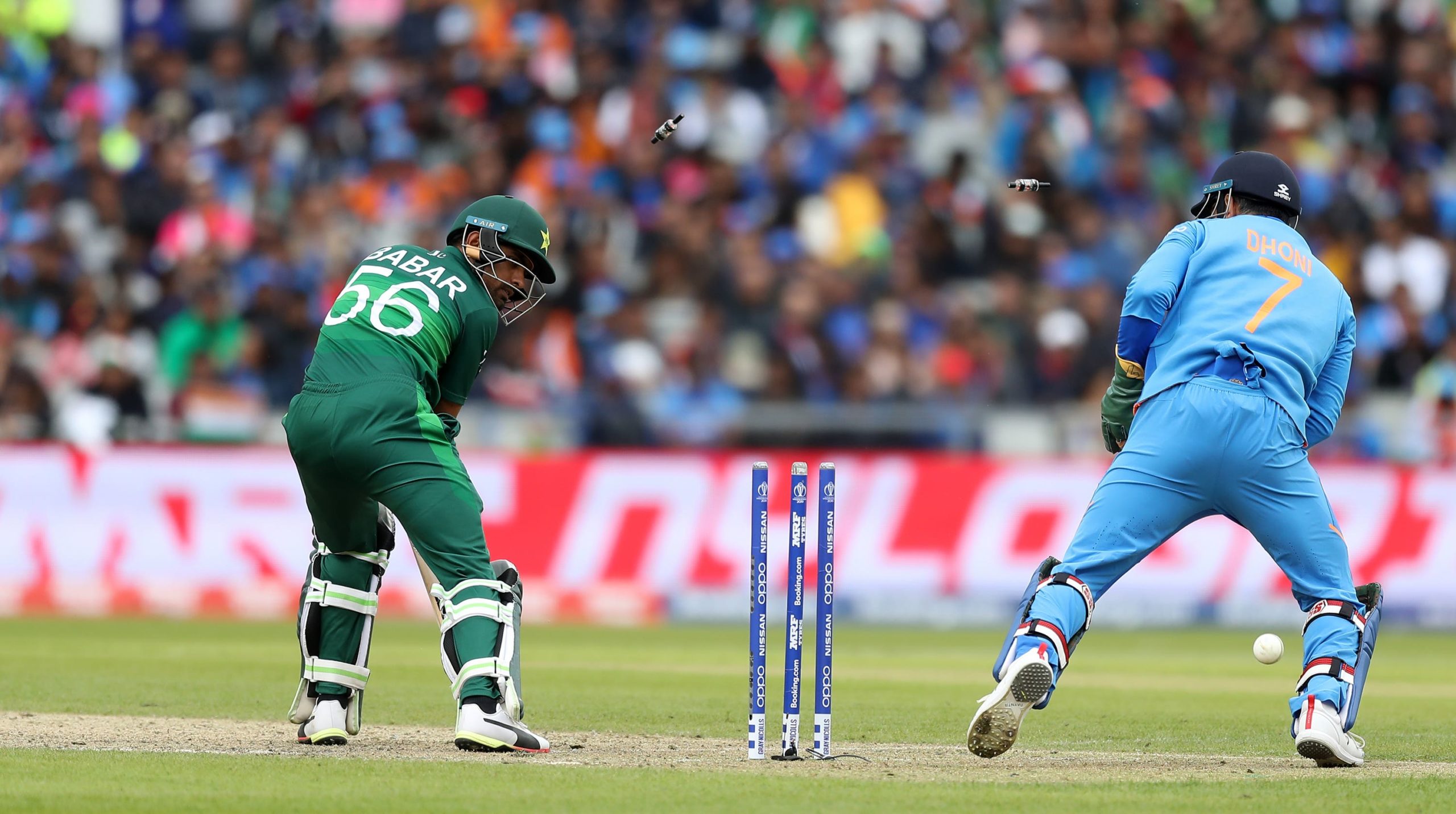Champions Trophy held in Pakistan without India ‘not in cricket’s interests’

The England and Wales Cricket Board is awaiting clarification over arrangements for next year’s Champions Trophy, with India highly unlikely to agree to play in host nation Pakistan.
The eight-team tournament, effectively a mini 50-over World Cup, is due to be held in Pakistan in February but no schedule has been released and one major question mark still lingers.
Political tensions between the two nations have led to strained sporting relations and India, cricket’s richest and most powerful country, have not played a game in Pakistan since the 2008 Asia Cup.
There is an expectation that some fixtures, including India’s, will be moved to the United Arab Emirates and even suggestions that two venues could be chosen for the final, depending on whether India make it that far.
That makes planning more difficult for boards, fans and media but there has been no official update from the International Cricket Council.
Talks will continue at ICC board level but India’s financial leverage is such that their participation is not considered negotiable, even if they refuse to play in Pakistan.
“(Play) without India? I wouldn’t have thought so. If you play the Champions Trophy without India or Pakistan, the broadcast rights aren’t there, and we need to protect them,” said ECB chief executive Richard Gould.
Teams in 2025 Champions Trophy
- Pakistan
- Afghanistan
- Australia
- Bangladesh
- England
- India
- New Zealand
- South Africa
“It would not be in cricket’s interests for India not to be playing in the Champions Trophy. We’re all waiting to understand whether India are going to travel.
“That’s the key. I know Pakistan are expecting India to travel but there are lots of different alternatives and contingencies available if that doesn’t happen.
“Hopefully we can have the fullest possible competition in Pakistan, this is a big moment for the country. If that’s not possible, we know there are options available.
“There’s geopolitics and then there’s cricketing geopolitics. I think they’ll find a way. They have to find a way. There are always security concerns in this part of the world when those two countries play each other. That will probably drive the key decisions.”